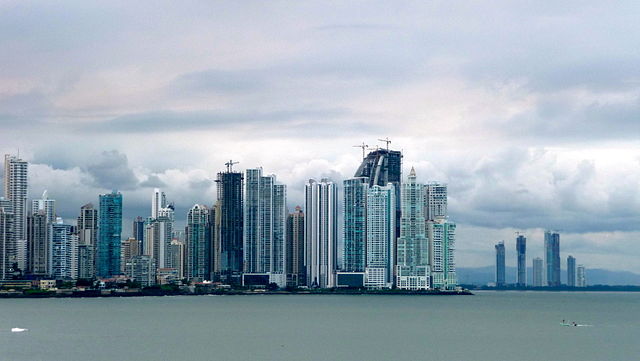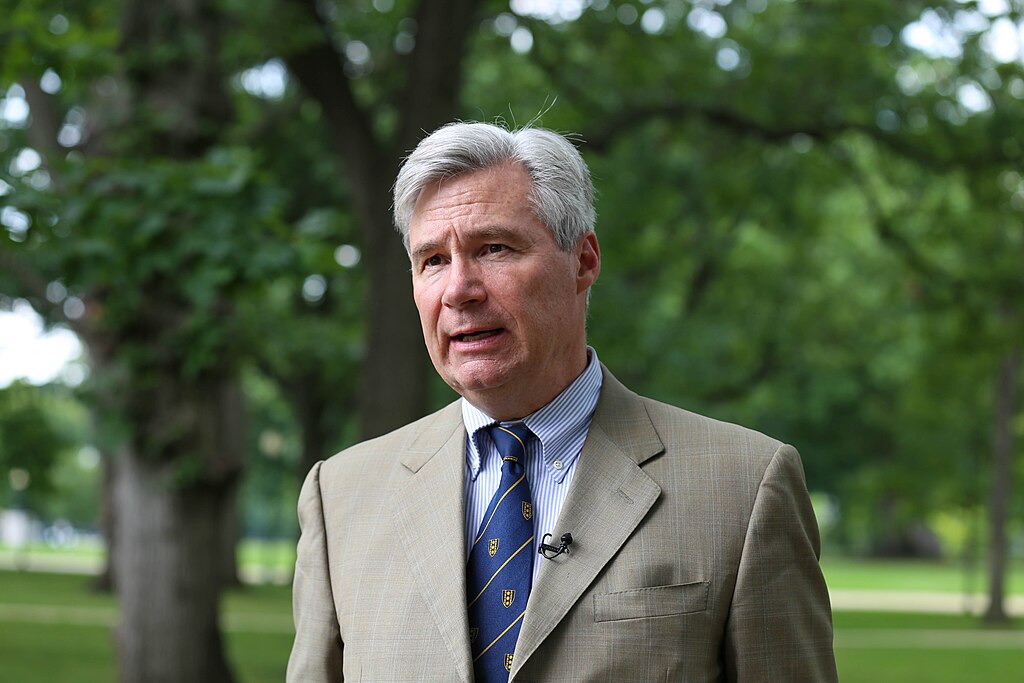Panama is taking steps to make the country a more favorable location for crypto businesses. The country’s legislature just passed a bill that will allow the use of Bitcoin (BTC), Ether (ETH), Litecoin (LTC), and other digital currencies as means of payment for transactions and won’t impose capital taxes on crypto assets.
The bill’s sponsor, Panamanian Congressman Gabriel Silva, announced on Thursday that the country’s National Assembly Gabriel Silva passed the legislation. The lawmaker said that the new legislation will benefit the country by creating more jobs and promoting financial inclusion, according to Fortune.
“Crypto Law approved in third debate!” Silva posted on Twitter. “This will help Panama become a hub of innovation and technology in Latin America!”
At the moment, Panamanian President Laurentino Cortizo is yet to sign the bill into law. “Only thing missing is for the President @NitoCortizo to sign it,” the lawmaker added. “Thank you to all who helped. This will help create jobs and financial inclusion.”
The bill will allow citizens, banks, and legal entities in the country to use nine cryptocurrencies as a means of payment “without limitation.” The accepted digital currencies are Bitcoin (BTC), Ethereum (ETH), Litecoin (LTC), XDC, XRP, Algorand, Stellar, IOTA, and Elrond.
Unlike the case of El Salvador and the Central African Republic, Panama’s bill will not elevate Bitcoin to legal tender status. This means that while BTC and the other eight cryptos can be used for payment in Panama, businesses and individuals will not be obligated to accept cryptos as payment.
Nevertheless, the bill can be considered a very positive development for Panama’s crypto community. Prior to the bill, it was illegal for digital asset firms to operate in the country, according to Coindesk.
The bill also makes Panama a very desirable place for crypto investors. It treats crypto assets as foreign-source income, which means that crypto earnings won’t be subject to capital gains taxes based on Panama's territorial taxation system.
“The idea is to just respect the tradition that Panama has already had for many years, where the country taxes what happens inside of its borders, and the internet is obviously not in any country's borders,” crypto entrepreneur Felipe Echandi said. Echandi assisted Silva in drafting the bill.

























Comment 27